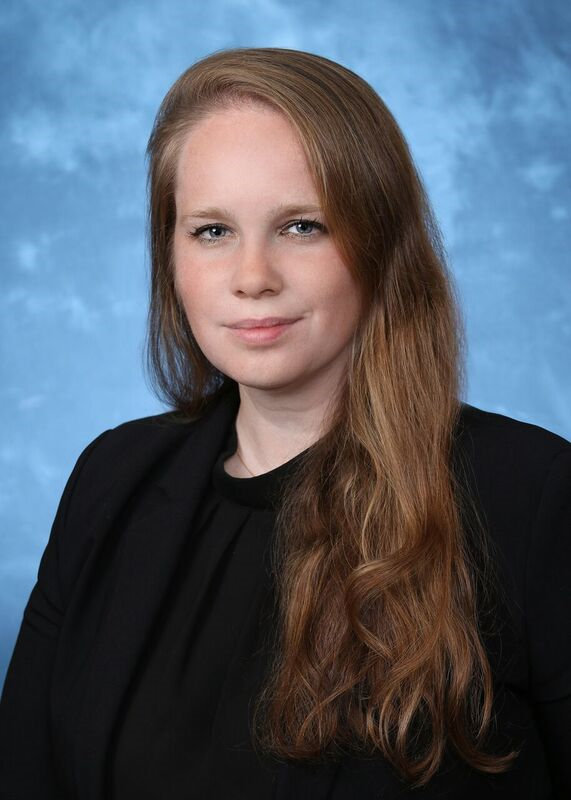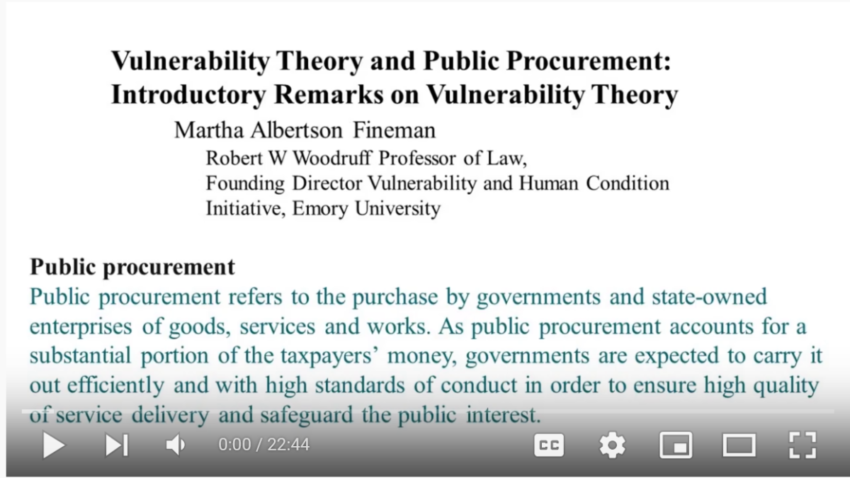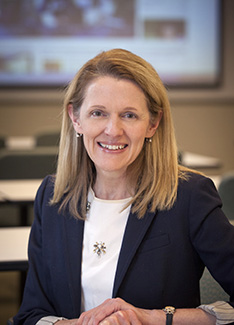by Nicole Phillis

Legal theorists are often criticized for developing legal philosophies without a means for practical application. But in recent months, I had the opportunity to implement Professor Fineman’s vulnerability theory firsthand in local government. Let me explain.
Since 2014, I have served as an elected official in Santa Monica as a Commissioner on the Santa Monica Rent Control Board. Through the course of the pandemic, a significant amount of City employees were laid off due to loss of revenue to our City. Further, the righteous protests for Black Lives Matter in the aftermath of the murders of George Floyd, Breonna Taylor, and Eric Garner forced us to confront the militarization of law enforcement, and the systemic failures of government to protect Black people from systemic oppression, abuse, and persecution. These events impelled us to re-examine what we believe is the purpose of local government and what we want our new reimagined government to look like.
Continue reading Vulnerability Theory in Local Practice







